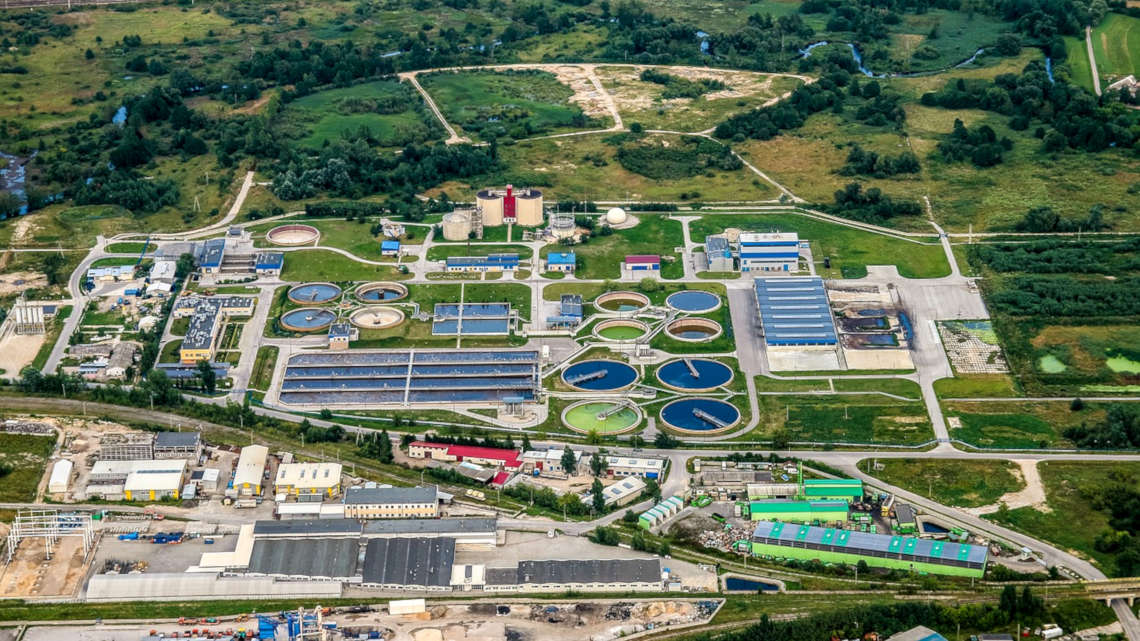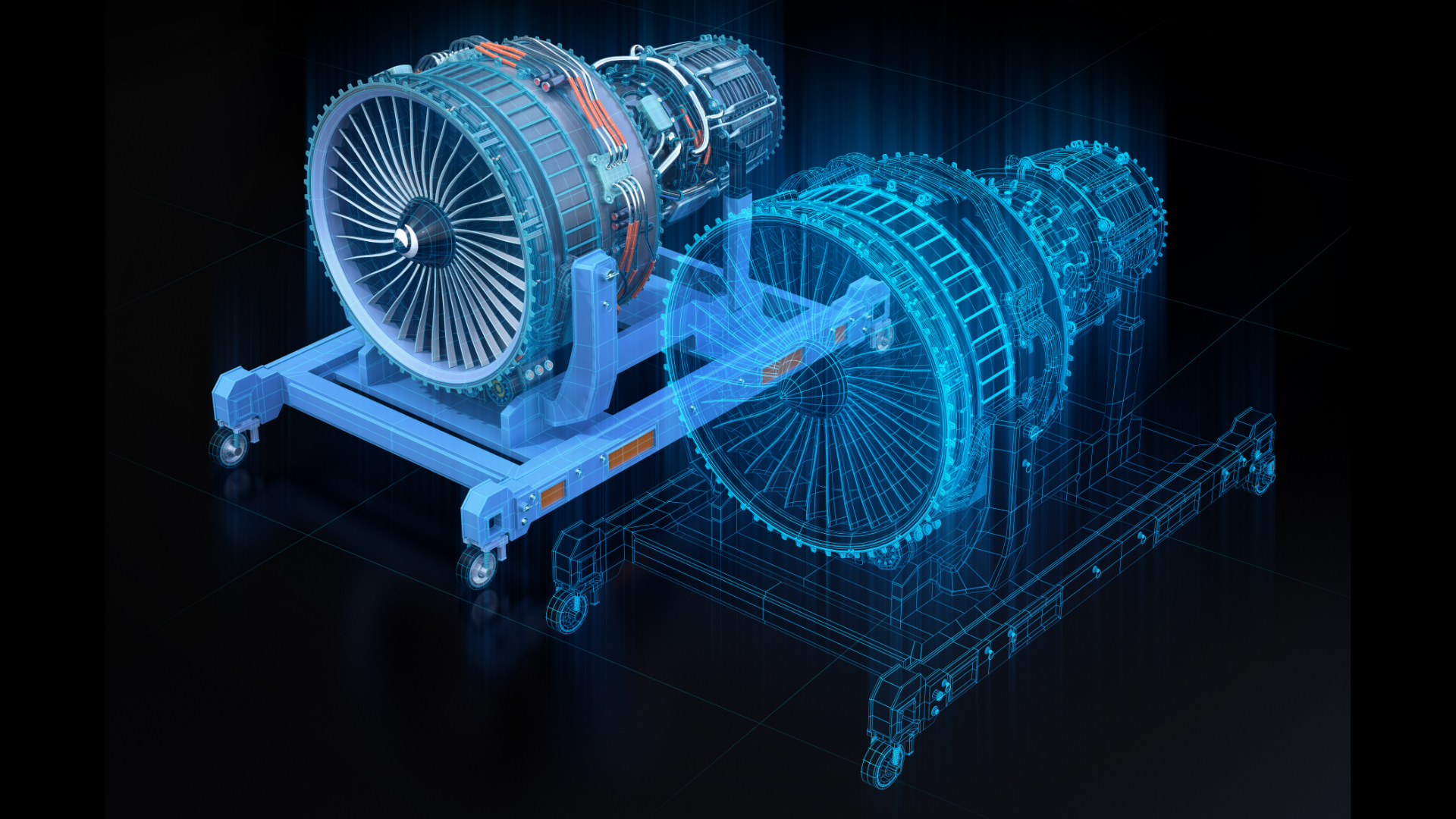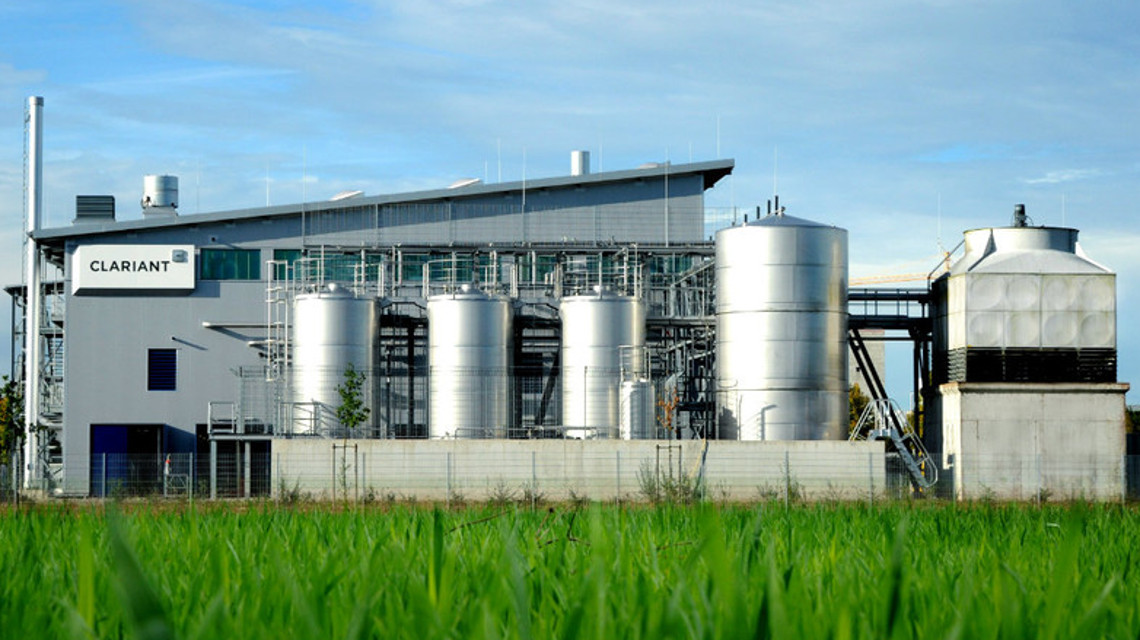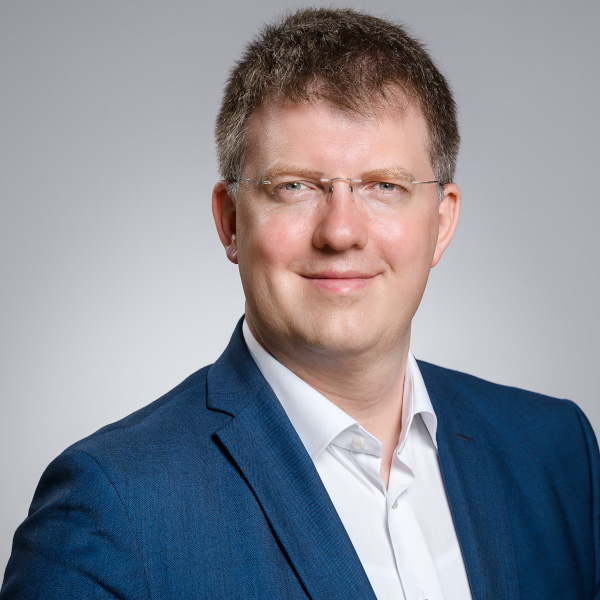More efficient wastewater treatment
Sewage treatment plants often require a lot of space. The Ruhrverband is piloting a new process that saves 30% electricity and also reduces space requirements and operating costs.

When factories and municipalities use water, it is usually polluted. Before it can be returned to the environment, it usually passes through a sewage treatment plant. However, sewage treatment plants represent a considerable cost factor, especially for smaller municipalities. The Ruhrverband is therefore testing a new process from the Netherlands in the Sauerland region that uses smart microbiological cleaning to significantly reduce space requirements, electricity consumption and operating costs.
All biological processes in one basin
Originally, the wastewater treatment plant in Altena was designed for 52,000 inhabitants - today just under 20,000 people still live there. The plant is therefore scheduled to be redesigned. So far, this has been done using the activated sludge process. In the digester, the sludge is anaerobically stabilized, then mechanically dewatered and then sent for thermal recycling. In future, the municipality plans to use the Nereda process for biological purification. While the cleaning microorganisms normally form flakes, in this process, they arrange themselves into spherical granules. The oxygen-sensitive anaerobic purification processes take place inside the granules and the aerobic processes, which depend on oxygen, take place on the outside. In this way, the treatment plant does not need any moving parts in the tank and no additional secondary clarifier.
Saving energy, space, chemicals and labour
In addition to saving space, the method has other advantages: It is extremely robust and requires very little maintenance. Thanks to modern measuring and control technology, the system is controlled and monitored remotely. The required energy is around 30% lower than with conventional alternatives, which would lead to an annual CO2 saving of 7.6 kilograms per inhabitant in Altena. And in addition, three quarters of the chemical precipitant can be avoided.
Pilot project tests compliance with limit values
The Ruhrverband operates more than 60 sewage treatment plants in North Rhine-Westphalia and treats the wastewater of more than two million people and numerous commercial enterprises there. The pilot project is intended to prove whether the Nereda process can also meet the particularly strict limit values in Germany. So far, the method has only been used in countries that have higher limit values or use mean values of the controls. The Federal Environment Ministry is funding the pilot project with around 1.4 million euros from the Environmental Innovation Programme.
bl/um


